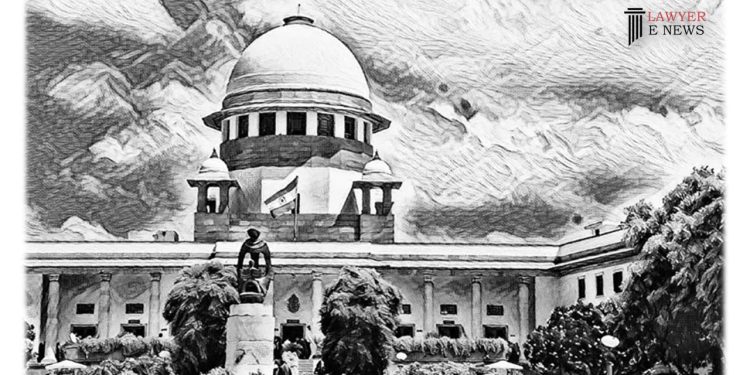-
by Admin
18 February 2026 4:37 AM



In a recent ruling, the Punjab and Haryana High Court, presided over by Hon'ble Mr. Justice Anoop Chitkara, granted bail to an accused individual in a case involving charges under Sections 302, 201, 364, 365 & 34 IPC. The judgment, pronounced on August 16, 2023, addressed a bail application filed under Section 439 of the Code of Criminal Procedure, 1973 (CrPC).
The court's decision highlighted the importance of a cumulative evaluation of circumstances while considering the grant or refusal of bail. Referring to legal precedents, the court emphasized that bail decisions must be based on a balanced approach, taking into account factors such as the existence of a prima facie case and the necessity of ensuring compliance.
One of the key aspects of the judgment revolved around the imposition of bail conditions. The court acknowledged the significance of balancing personal liberty with the need to prevent accused individuals from influencing investigations, tampering with evidence, or intimidating witnesses. Notably, the judgment pointed out the evolution of identification techniques driven by technological advancements, such as voice, gait, and facial recognition.
"The delicate light of the law favors release unless countered by the negative criteria necessitating that course," the court observed, drawing attention to the fact that the bail conditions should be proportionate to the purpose they serve.
The court's ruling also touched upon innovative measures to enhance accountability. It suggested that accused individuals, who may be considered flight risks, could be held responsible for the expenses incurred to trace them. This recommendation aimed to ensure that the accused reciprocate by adhering to bail conditions.
Additionally, the judgment underscored the need for flexibility in address requirements, given the changing dynamics of modern living. The court held that insistence on providing permanent addresses should be minimized, acknowledging that some individuals do not have permanent abodes or intend to relocate.
This ruling reflects the court's commitment to safeguarding individual rights while maintaining a balance with societal interests. By granting bail with stipulated conditions, the court aimed to ensure compliance and protect the interests of witnesses, victims, and the integrity of the legal process.
Date of Decision: 16.08.2023
Hardeep Raj vs State of Punjab
